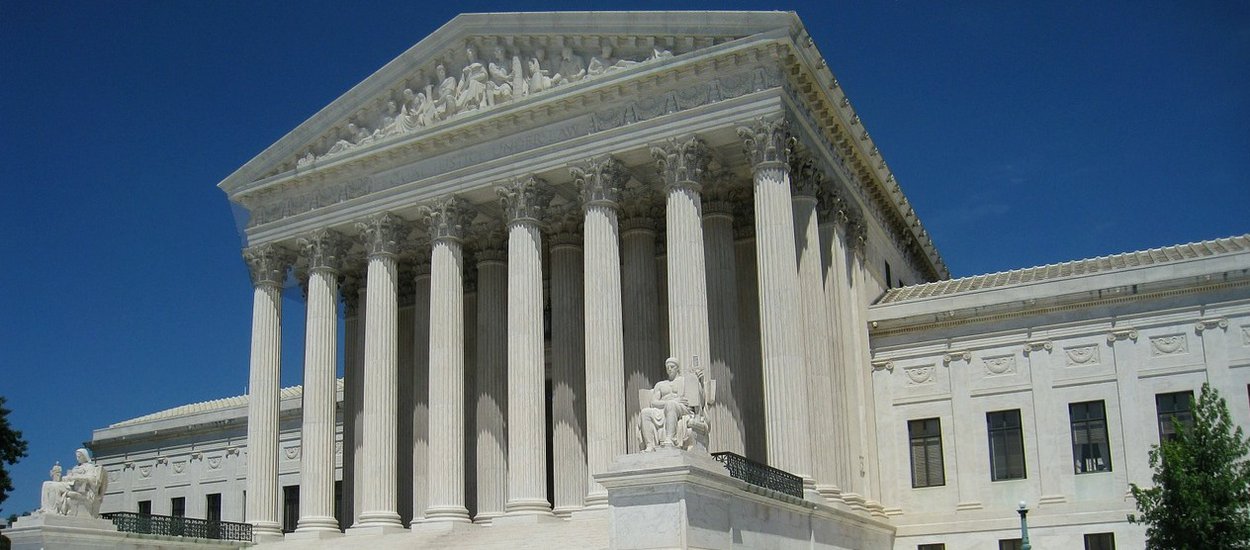A Chance to Rebuild Better
AB 2385 by Assemblymember Cottie Petrie-Norris would help local governments spring into action after disasters.
Fourteen months after the Palisades and Eaton fires, many Angelenos remain uncertain if they will ever return to the neighborhoods they call home and policymakers are still grappling with how to help rebuild. Back in September, I wrote about a drafting wrinkle in state law that’s standing in the way of local governments’ ability to recover well from the next big disaster event they experience. As an Angeleno and through my work supporting the Blue Ribbon Commi...
CONTINUE READINGWhat does BACA do? Part X
Proposed CEQA ballot initiative does seek to address important problems with CEQA.
This is the tenth in a series of blog posts on the California Chamber of Commerce's proposed ballot initiative amending the California Environmental Quality Act (CEQA). The first blog post is here. The second blog post is here. The third blog post is here. The fourth blog post is here. The fifth blog post is here. The sixth blog post is here. The seventh blog post is here. The eighth blog post is here. The ninth blog post is here. I’ve spent a lot ...
CONTINUE READINGWhat does BACA do? Part IX
Proposed CEQA ballot initiative might create unexpected, large gaps in existing environmental protections in California.
This is the ninth in a series of blog posts on the California Chamber of Commerce's proposed ballot initiative amending the California Environmental Quality Act (CEQA). The first blog post is here. The second blog post is here. The third blog post is here. The fourth blog post is here. The fifth blog post is here. The sixth blog post is here. The seventh blog post is here. The eighth blog post is here. CEQA has over time become a key component of a ran...
CONTINUE READINGClimate Issues in the 2026 Governor’s Race: Transportation
First in a series of posts outlining key challenges and opportunities facing California's next governor.
In collaboration with California Environmental Voters, CLEE is leading a nonpartisan initiative to educate all candidates running for governor, as well as the public, on critical climate, energy, and environmental issues. In February, CLEE and CEV co-hosted a candidate forum featuring 90 minutes of discussion on these issues. And we’ve launched a public website, www.climatevote.org, that hosts a series of climate issue briefs CLEE has prepared in partnership with subje...
CONTINUE READINGFive Lessons from the Tariff Case
What can the case teach us about litigating environmental cases against Trump?
Learning Resources v. Trump, the recent tariff ruling, doesn’t say anything directly about environmental cases. But there are a series of useful lessons for environmental litigators. One obvious one is that the conservatives aren’t all “in the tank” for Trump (though Alito and maybe Thomas seem have gone pretty MAGA). Trump’s nasty insults of the conservatives who ruled against him probably won’t bring them back onto the Trump train. His effusive praise f...
CONTINUE READINGWhat does BACA do? Part VIII
Proposed CEQA initiative would require a two-thirds legislative vote for any amendment.
This is the eighth in a series of blog posts on the California Chamber of Commerce's proposed ballot initiative amending the California Environmental Quality Act (CEQA). The first blog post is here. The second blog post is here. The third blog post is here. The fourth blog post is here. The fifth blog post is here. The sixth blog post is here. The seventh blog post is here. The initiative also attempts to insulate itself from subsequent amendment by the ...
CONTINUE READINGWhat does BACA do? Part VII
Proposed CEQA ballot initiative would cover a wide range of projects, not just housing and clean energy.
This is the seventh in a series of blog posts on the California Chamber of Commerce's proposed ballot initiative amending the California Environmental Quality Act (CEQA). The first blog post is here. The second blog post is here. The third blog post is here. The fourth blog post is here. The fifth blog post is here. The sixth blog post is here. The initiative covers a surprisingly broad range of projects. It is not just about constructing housing (even s...
CONTINUE READINGWhat does BACA do? Part VI
Proposed CEQA ballot initiative would allow project proponents to control the scope and alternatives for environmental review for covered projects.
This is the sixth in a series of blog posts on the California Chamber of Commerce's proposed ballot initiative amending the California Environmental Quality Act (CEQA). The first blog post is here. The second blog post is here. The third blog post is here. The fourth blog post is here. The fifth blog post is here. In any environmental review process, key issues are the scope of the project that you are analyzing, and the alternatives you are assessing in you...
CONTINUE READINGWhat does BACA do? Part V
Proposed ballot initiative to amend CEQA would sharply limit what environmental effects should be considered for mitigation for covered projects.
This is the fifth in a series of blog posts on the California Chamber of Commerce's proposed ballot initiative amending the California Environmental Quality Act (CEQA). The first blog post is here. The second blog post is here. The third blog post is here. The fourth blog post is here. The core of CEQA is the requirement that public agencies analyze, publicly disclose, and mitigate to the extent feasible “significant” environmental impacts. The initiativ...
CONTINUE READINGEliminating the Endangerment Finding Doesn’t Mean the Government Can’t Regulate Cars and Trucks
The Clean Air Act and Energy Independence and Security Act still give EPA, California, and NHTSA significant power.
The withdrawal of EPA's endangerment finding is bad in many respects that I don't want to downplay and that many have already focused on. But it's also worth stressing that, should a president take office in 2029 who cares about climate and air pollution from cars and trucks, the federal government -- and California -- will continue to have a number of strong options to regulate. Pollution from cars and trucks doesn't only cause or contribute to climate change...
CONTINUE READING






